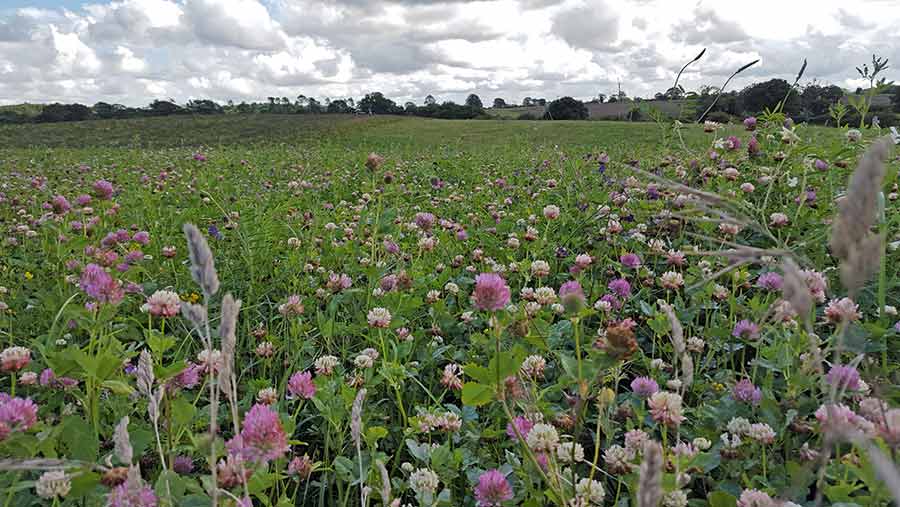NFU concern as Countryside Stewardship grants under review
 © Tim Scrivener
© Tim Scrivener Farmer representatives are demanding a guarantee from government that existing agri-environment schemes will be honoured in full once the UK has left the EU.
The call comes after Natural England said that funding decisions for Countryside Stewardship are being reviewed in the wake of the recent EU referendum. Until the outcome is known, no new grants will be approved.
NFU vice-president Guy Smith said: “We understand why the referendum decision might give cause for government to reflect on its plans for Countryside Stewardship, as these agreements will still be operating beyond 2020 when we will almost certainly have left the EU.
See also: Countryside Stewardship ‘too complex’, survey finds
“But time is of the essence as farmers need to know now what is happening with the scheme roll out.
“These new agri-environment schemes have already had a shaky start, with low farmer confidence in them. The current confusion is not helping this situation.
“Furthermore it should be remembered that this year thousands of farmers are coming out of the old ELS/HLS schemes. This has not stopped because of Brexit. Farm businesses need to know what the situation is with the successor schemes.”
According to Jeremy Moody, secretary of the Central Association of Agricultural Valuers, the decision to suspend grant offers may also affect the extent to which new Countryside Stewardship agreements may be offered with a start date of 1 January 2017.
“It may therefore be prudent to delay working up any Mid-Tier applications, which need to be submitted by 30 September 2016, until more is known,” he said.
Mr Smith agreed that farmers and growers would be unlikely to incur the costs of developing a good application without the certainty of future funding.
Natural England held application rounds for the hedgerow and boundary grants, facilitation fund and Higher-Tier Countryside Stewardship agreements last spring. The deadline for multi-annual applications – including Mid-Tier – is 30 September, for agreements to start on January 1 2017.
Uncertainty
Where this all leaves existing agri-environmental agreements is also uncertain. Advisers point out that many schemes already include the ability to vary the terms and payment rates.
The immediate advice, according to solicitor Julie Robinson of Roythornes, is to check the terms of any agreement and any covering letter that accompanied it.
After that it is a question of approaching existing agreements or new applications in the same way as any business risk is assessed, she said.
Mr Moody also explains that all such agreements contain early-termination clauses that could be operated under “exceptional circumstances”. “It is not known how far a government could plead funding problems as a ground for exercising such a clause,” he said.
“In England, the application period is already open for Mid-Tier Countryside Stewardship for agreements starting on 1 January 2017. Higher-Tier agreements with the same start date are being negotiated with Natural England, but we are in the early stages of exploring how far Defra will offer further agreements with their potential financial commitments after Brexit.
“At this stage, Wales appears to be holding back on offering new agreements under Glastir until it has assessed these issues.”
